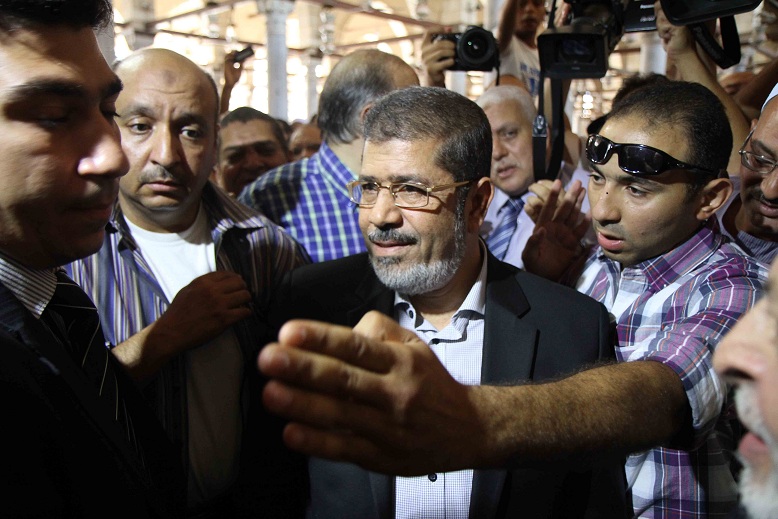WASHINGTON: A U.S. government commission warned on Wednesday of rising religious persecution in Iraq and Afghanistan, two countries invaded by the United States in the past five years to free their people from tyranny and abuse. The United States Commission on International Religious Freedom, in its annual report to Congress and President George W. Bush s administration, also harshly criticized the three key U.S. allies Saudi Arabia, Pakistan and Egypt, for their poor performance on religious rights. The commission designated 11 countries as being of particular concern because of extreme religious persecution: Burma, North Korea, Eritrea, Iran, Pakistan, China, Saudi Arabia, Sudan, Turkmenistan, Uzbekistan and Vietnam. Another seven states were placed on a watch list because of serious violations: Afghanistan, Bangladesh, Belarus, Cuba, Egypt, Indonesia and Nigeria. Created by Congress in 1998 to ensure that religious freedom became a central goal of U.S. foreign policy, the commission raised the alarm about the situation in Iran and Afghanistan. The situations in Afghanistan and Iraq serve to underscore the precarious state of this fundamental freedom, commission chairman Michael Cromartie wrote to Secretary of State Condoleezza Rice in a letter accompanying the report. In sending troops to Afghanistan in 2001 and Iraq in 2003, Bush stated that one of his goals was to overthrow tyrannical governments and restore basic human rights. In Afghanistan, the report said, conditions for freedom of religion of non-Muslims had become particularly problematic in the past year, compounded by flaws in the new Afghan constitution, which does not contain clear protections for religious minorities. Religious extremism, even in official circles, is an increasing threat to democratic consolidation in Afghanistan, the report said.
In Egypt, discrimination, intolerance and other human rights violations affect a broad spectrum of religious groups, including Coptic Christians, Bahais, Jews and members of minority Muslim communities.
There have been recent examples of sectarian unrest in the country, most notably the stabbing of a man in a church in Alexandria, followed by rioting in which one individual was killed.
Also in Alexandria, riots ensued following the distribution of a CD containing a play performed in a church deemed offensive to Islam. In Iraq, the commission was deeply concerned by sectarian violence between Sunni and Shiite Muslims and targeted attacks on secular Muslims, religious minorities and women. There has been an ongoing stream of violence and extremism in Iraq driven by religious intolerance, the report said. The commission, an independent body appointed by the White House and Congress, cannot mandate any specific action and its past calls for steps to punish violators have been ignored. However, last year the United States denied the export of some defense items to Eritrea, the first action to be taken against another country as a result of its designation by the commission as a country of particular concern. On Saudi Arabia, the commission concluded that freedom of religion does not exist as the government banned all forms of religious expression except its own interpretation of Sunni Islam and continued to finance extreme religious intolerance and hatred around the world. The commission criticized the Bush administration for failing to punish Saudi Arabia for violations listed in last year s report and urged it to take action this year. China, a major U.S. trade partner, conducted severe and pervasive violations of religious freedom and related religious rights, according to the report. Iran s record deteriorated in the past year, the report said, citing Iran s treatment of members of the Bahai faith and Jews. The performance of Pakistan, an ally in the war on terror, improved its efforts to protect minorities but still fell short, the report said. AFP
